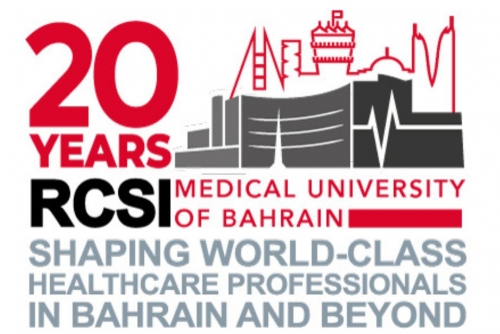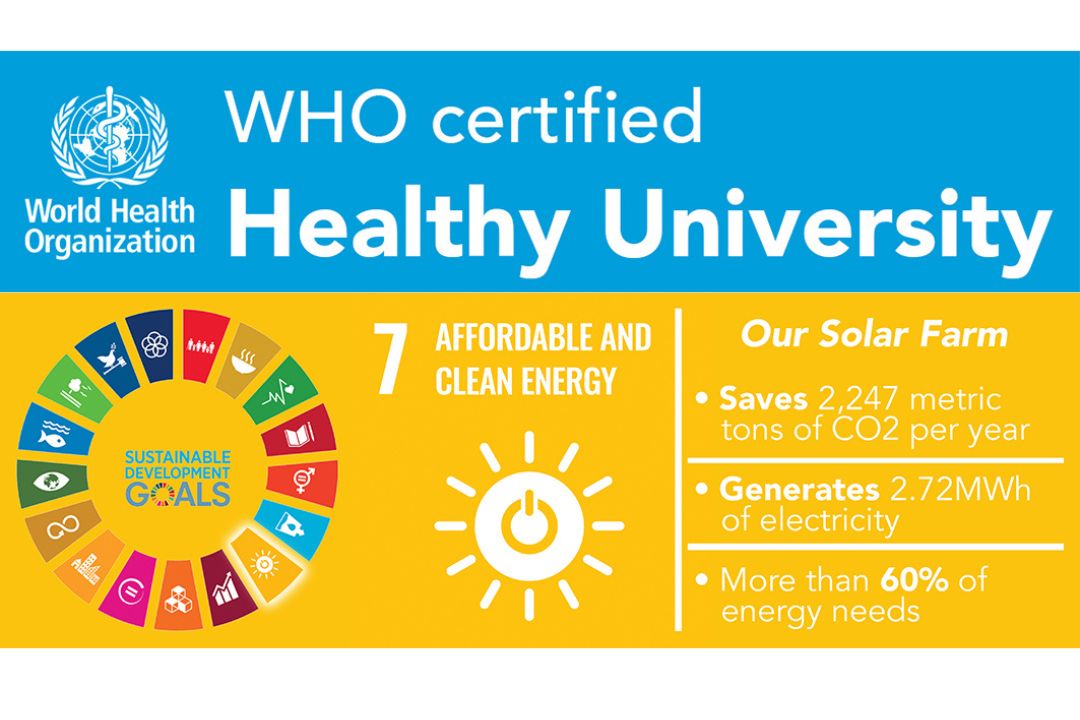Research from RCSI Medical University of Bahrain Confirms HbA1c Threshold for Diabetes-Related Kidney Disease
TDT | Manama
The Daily Tribune - www.newsofbahrain.com
The Royal College of Surgeons in Ireland (RCSI) Medical University of Bahrain released a research study led by Professor Alexandra Butler, Professor in Pathology, in collaboration with international colleagues, titled ‘Using nephropathy as an outcome to determine the HbA1c diagnostic threshold for type 2 diabetes’, published in PubMed.
Diabetes is a significant health problem in the Middle East, and diabetic nephropathy (severe kidney disease), is a major cause of poor health and can result in death. The study aimed to determine if a lower HbA1c threshold - the average blood glucose (sugar) and used in diagnosing diabetes- would better predict diabetic nephropathy in a high-risk Middle Eastern population.
After analysing the data from 2,920 participants, the findings indicate that no HbA1c threshold below 7.0% could be found to predict an increased prevalence of nephropathy. Therefore, there is no need to change the existing retinopathy based HbA1c threshold of 6.5% to also accommodate diabetes nephropathy risk. These results are consistent with a similar study conducted in the United States employing the National Health and Nutrition Examination Survey (NHANES) population.
Professor Stephen Atkin, Head of School of Postgraduate Studies & Research commented, “The results of the study suggest that there is no need for routine urine screening for diabetic nephropathy at HbA1c levels below 6.5%, even in a high-risk, Middle Eastern population without diabetes. This information is important for the purpose of health screening policies and can help guide resource allocation for diabetes prevention and management efforts in the Middle East."
RCSI Medical University of Bahrain is committed to leading translational research to improve patient care and raise awareness of preventive measures, ultimately enhancing the lives of individuals in Bahrain and beyond.
Related Posts



